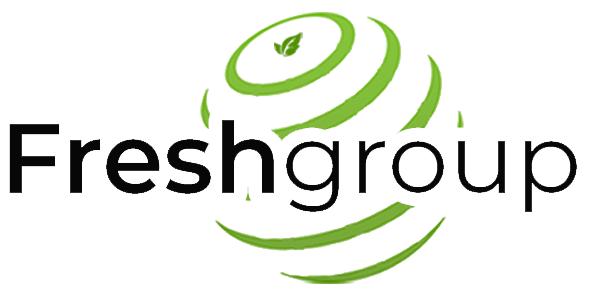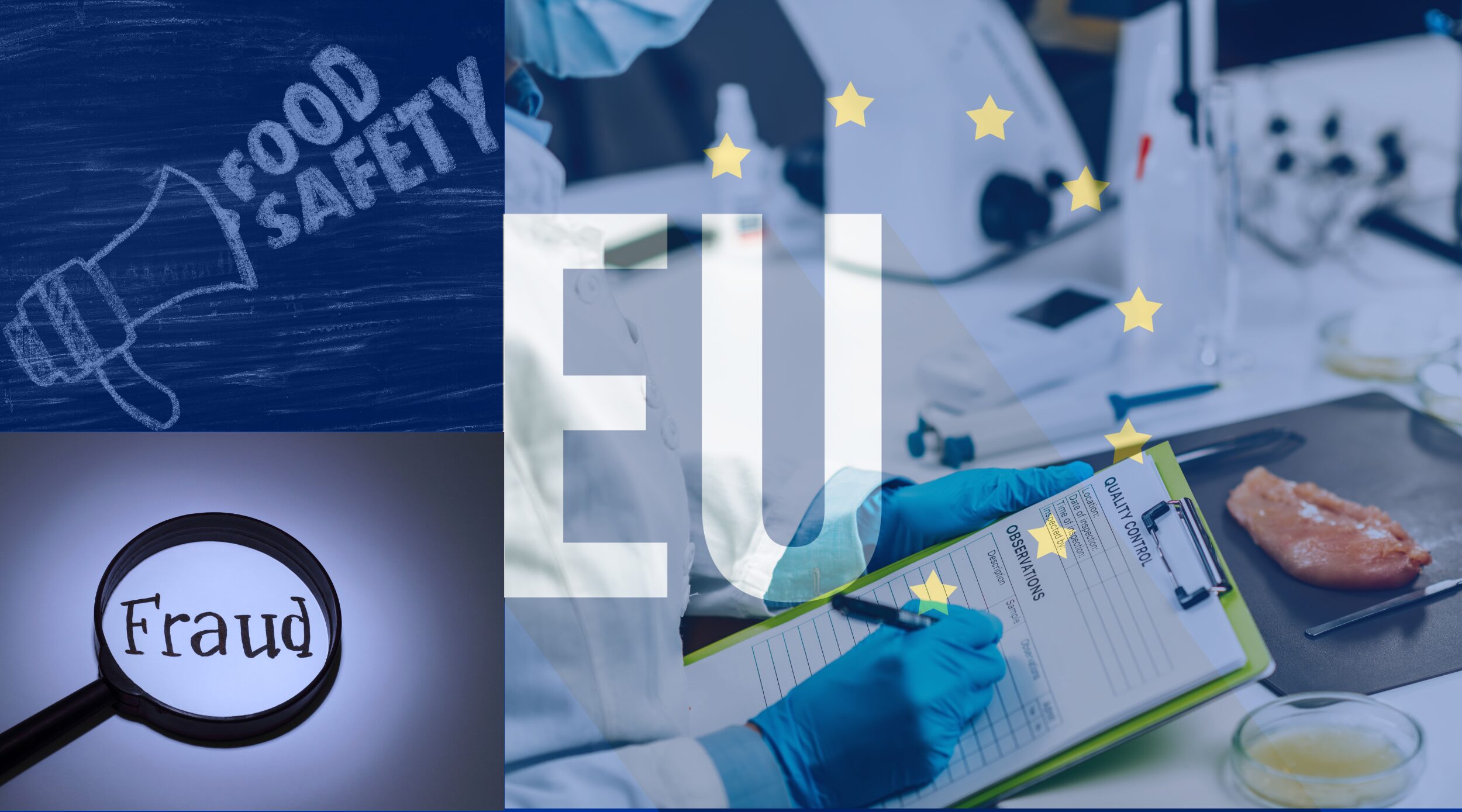August, 2024 saw a significant drop in suspected fraud and non-compliance alerts across the European Union, hitting a record low since reporting began earlier this year. With just 222 alerts logged, the decline follows a consistent downward trend: 325 in July, 265 in June, and peaking at 345 in March. This report comes from the European Commission’s monthly fraud-monitoring efforts.
These alerts spotlight potential frauds and violations across a range of industries, including food, animal welfare, and agricultural products. The European Commission’s data is sourced from the Alert and Cooperation Network (ACN) and shared through the Rapid Alert System for Food and Feed (RASFF), the Administrative Assistance and Cooperation Network (AAC), and the Agri-Food Fraud Network (FFN).
What’s Being Monitored?
The data highlights the risks of cross-border fraud in important areas like food contamination and agricultural products. Authorities use this information to set up targeted controls based on risk, helping to prevent deceptive practices. They also support the food industry by identifying weaknesses and spotting new potential threats.
Top Products Under Scrutiny
In August, there were 222 alerts in total, with fruits and vegetables leading the list at 46 incidents, mostly due to pesticide residues. Dietary supplements and fortified foods came next with 37 alerts. Interestingly, herbs and spices saw an increase in reports, pushing cereals and bakery products out of the top three.
Most of the afore cases were detected during border checks or routine market inspections, though 16 were prompted by consumer complaints, and 24 arose from companies’ internal checks.
Fraud on the Frontline – Examples from August
August’s incidents spanned the globe, including six alerts involving the United States. Among them was cheese sauce bypassing border controls, illegal additives in snacks, and traceability issues with lobsters.
In Italy, sheep cheese was found to be mixed with cow’s milk, and salami was spoiled by yeast and mold, making both products unsafe to consume. In India, herbs and spices were contaminated with ethylene oxide, while in Turkey, curry powder was tainted with harmful Sudan dyes. In Uruguay, fresh beef was illegally frozen and sold with falsely extended best-before dates, misleading consumers.
The Food Fraud and Tampering didn’t stop there as it was also detected in counterfeit coffee from the Czech Republic, mislabeling of sunflower oil from Italy, and even two readable microchips found on a slaughter-bound horse in France were among the food safety hazard findings.
What’s Next for EU Fraud Monitoring?
As the EU continues to crack down on fraudulent activity, authorities will remain vigilant, keeping a close eye on cross-border smuggling, counterfeit products, and unauthorized ingredients that sneak their way into the European market. With the August data showing progress, the focus now shifts to maintaining this momentum and safeguarding consumers from fraud and non-compliance.
Source: FSN
Reach out to Fresh Group Food Safety And Quality Consulting for any inquiries related to food quality and safety.




